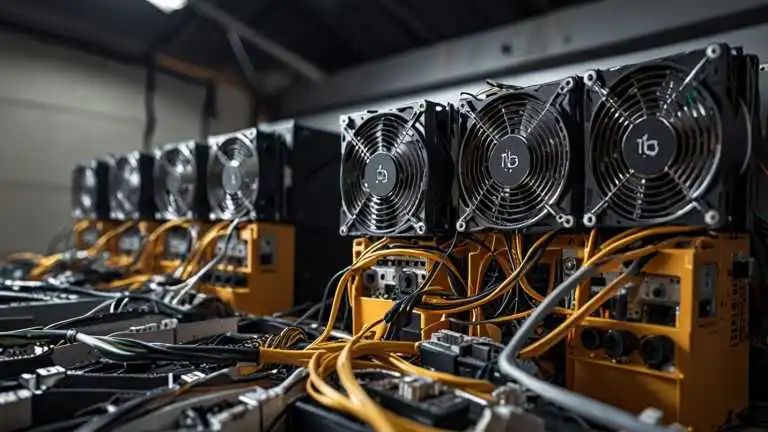
Co-founder of F2Pool and Cobo Wallet, Shen Yu, outlined his “four-wallet rule” for asset allocation during an AMA session, as reported by journalist Colin Wu.
Shenyu, one of China’s largest Bitcoin miners, described his four-wallet strategy:
— Wu Blockchain (@WuBlockchain) December 26, 2024
Cold Wallet: This is for core assets, with barriers to accessing them. It discourages impulsive actions during FOMO. Typically, this wallet holds over 60% of my assets.
Warm Wallet: Used for… pic.twitter.com/mX5ufaPktK
Shen recommended investing in key assets like Bitcoin and Ethereum through gradual purchases and storing them in cold wallets for long-term holding.
For experimental tokens such as NFTs, he advised a cautious approach with a small portion of capital to explore market potential.
He emphasized the importance of psychological resilience, limiting impulsive actions, and adapting strategies during market corrections.
The core of his strategy revolves around creating four types of wallets:
- Cold Wallet: Reserved for major assets with restricted access to prevent impulsive actions during FOMO periods. Typically, this wallet holds over 60% of AUM.
- Warm Wallet: Designed for steady cash flow to maintain composure during bear markets, storing 20-30% of assets.
- Hot Wallet: Used for speculative or high-risk activities like NFTs. Funds here are limited, and profits are periodically moved to cold or warm wallets.
- Fiat Wallet: Operates on a “withdrawal-only” basis to cover annual living expenses with a 4% withdrawal limit, ensuring financial independence even during losses in other wallets.
Shen shared his practice of maintaining a trading journal to document emotions, reasoning, and predictions for later analysis. This habit, he noted, helped identify patterns and areas for improvement.
“Failures provide valuable feedback. Reflecting on them promotes growth,” he explained.
The F2Pool co-founder emphasized focusing on “core” assets. Moving a token from the “entertainment” category only happens after it endures several market cycles.
This multi-tiered approach mitigates risks associated with emotional reactions to cryptocurrency market volatility, Shen stated.
He also admitted to having to rebuild positions after price surges, citing Ethereum as an example. Twice, he re-entered after a price increase before concluding that Ethereum had become a “monopoly.”
In November 2023, ForkLog reported that several mining pools, including F2Pool, blocked transactions involving addresses from the OFAC SDN list.
Previously, Colin Wu highlighted the success story of a 24-year-old crypto trader whose rapid trades and high profits drew the attention of Binance’s risk control team.








 Cryptol – your source for the latest news on cryptocurrencies, information technology, and decentralized solutions. Stay informed about the latest trends in the digital world.
Cryptol – your source for the latest news on cryptocurrencies, information technology, and decentralized solutions. Stay informed about the latest trends in the digital world.